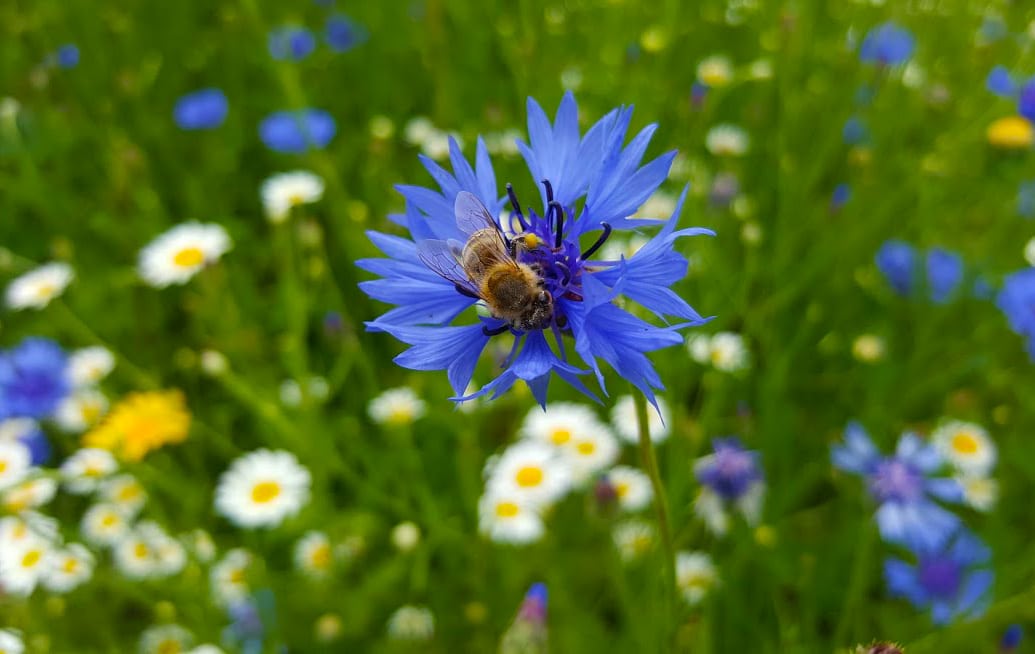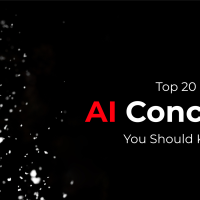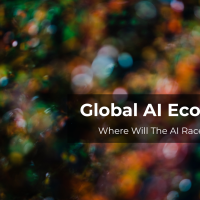
An Economics of Hope For 2020 Undeniably, 2019 was a tough year. And the year of the end of a decade. A decade of protest, as Gary Younge the editor-at-large for the Guardian writes, in his essay on the end of a decade, making us journey through its key moments. This was a decade of protest, he calls it and a “guttural reaction to the financial crash and years of political and social oppression”. Younge reminds us how it all started in 2010 with the Arab spring and Occupy movements, then it travelled through the mouvements and events of #MeToo and Greece, and ends now in the streets of Hong Kong, Santiago, La Paz, Beirut and Shiraz. And I add… in the fires of Australia and the melt down of the artic, Brexit happening, populist Boris Johnson winning the elections, Trump still holding on to his tweets and power…
People draw back in fear, and the system goes on goes on … leaving in all of us a bad taste in the mouth and a fire in the stomach. Why is Australia on fire ? Why is the artic melting? Why is the economy still drawn by the old values of GDP growth and production at all costs of unnecessary things, that don’t serve us anymore ? We all know this unconfortable truth. But we don’t know how to undo all this … as we are all tied up together. We are the old system, thriving to breakthrough to something new.
Famous Economic theorist Castells writes how “Economy is culture.” A range of practices that are “equally relevant… equally able to organize the way people produce, consume, exchange, innovate, invest… live”.
We have to reinvent that culture and find new ways to do economics. To create an economy of hope is hard, but we have already some examples. In one of Castells latest books, the author analyses how the efforts to keep the old economic model going, lead anywhere other than permanent stagnation, and how urgent it is to find and foster new creative solutions appearing here and there.
And he gives us those examples: from banks where time is the currency, to rebel cities using IT to benefit their citizens, “Another Economy is Possible” explores the framework for an alternative economy, including examples of sharing economy and even blockchain alternatives.
Another example is when in 2015, in Spain, three cities, experimented widely, with basic income and transition town ideas. Barcelona, one of the cities, set up the Barcelona Initiative for Technological Sovereignty. Key to BITS is both IT-driven direct democracy and attempts by city government to reclaim for its citizens the benefits generated by smart city tech, by for example, negotiating contracts stipulating open-source tech.
Other examples are how some politicians and governments are finally introducing care and wellbeing in their manifestos, moving away from mindless growth, competitiveness, agression, and abandoning austerity. New Zealand has passed a law to reduce its emissions in a bid to become mostly carbon neutral by 2050 and its Labour coalition government led by Jacinta Arden, has unveiled its “world-first” wellbeing budget an entire budget based on wellbeing priorities intructing its ministries to design policies to improve wellbeing.
These voices give us hope. We live transition times, and these are hard… but things will be better, even if in the short term we will have disruptions.
As we enter 2020, we wish the best to all, and keep going, finding those alternative solutions of hope that work.

IntelligentHQ Your New Business Network.
IntelligentHQ is a Business network and an expert source for finance, capital markets and intelligence for thousands of global business professionals, startups, and companies.
We exist at the point of intersection between technology, social media, finance and innovation.
IntelligentHQ leverages innovation and scale of social digital technology, analytics, news and distribution to create an unparalleled, full digital medium and social business network spectrum.
IntelligentHQ is working hard, to become a trusted, and indispensable source of business news and analytics, within financial services and its associated supply chains and ecosystems.












